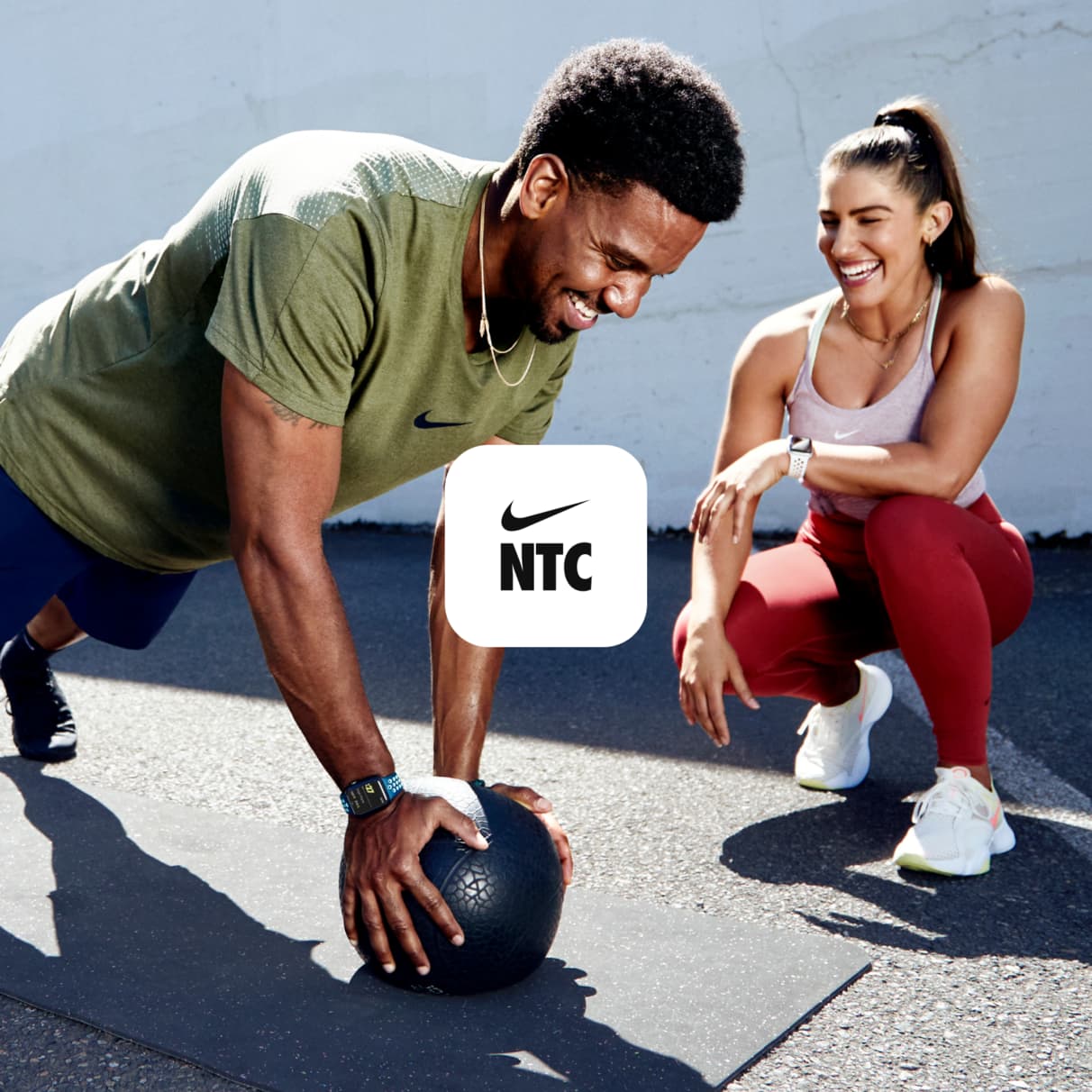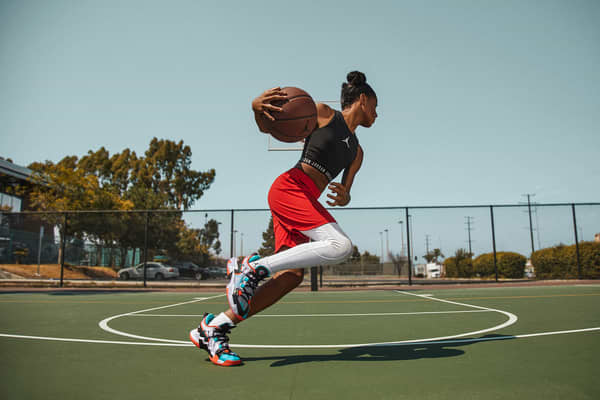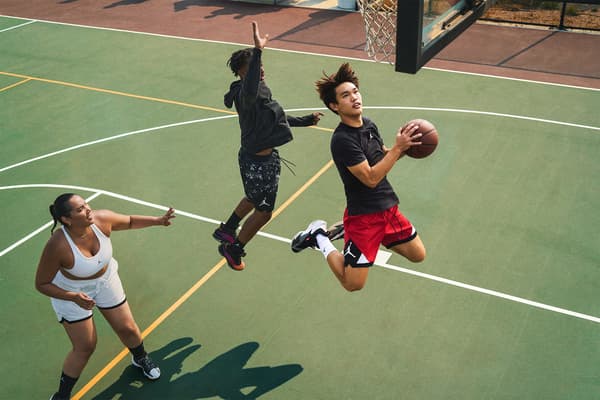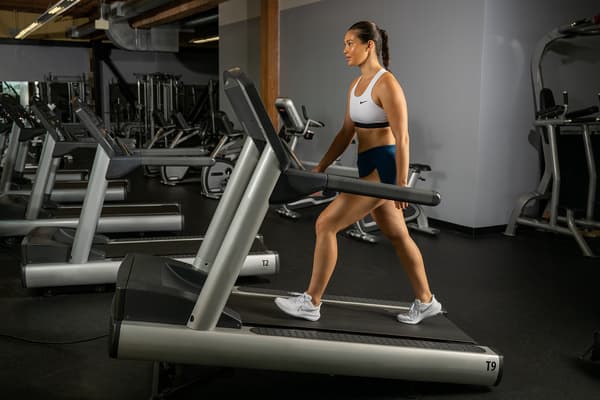5 Benefits of Playing Basketball, According to Experts
Sport & Activity
The benefits of playing basketball extend off the court. Learn more about all this sport has to offer.
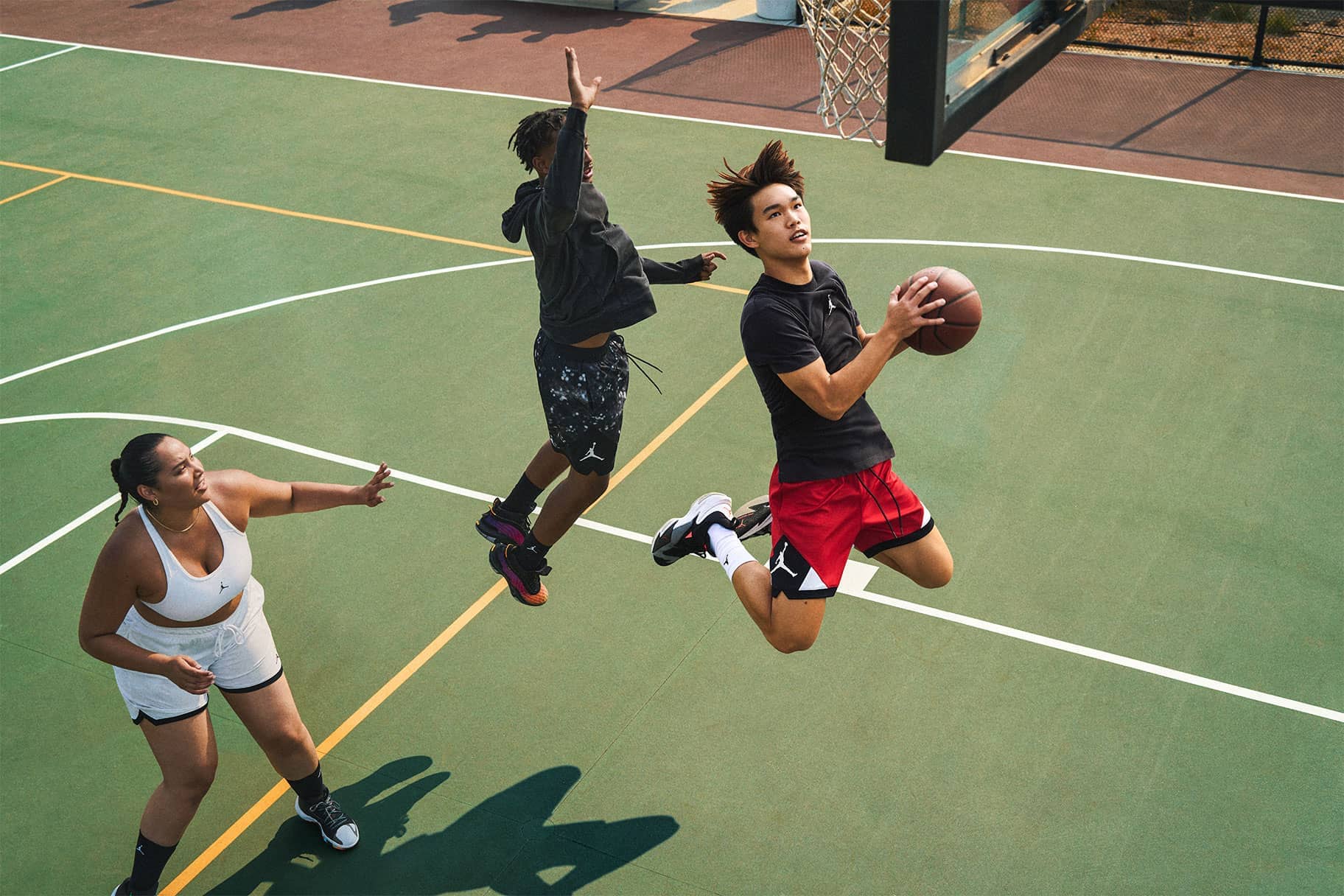
Basketball has loyal fans—and players—of all levels around the world. No matter how you enjoy the sport (whether you love to review game tape with pals or you play a casual game on the weekends), basketball draws a global appreciation due to its demand on endurance, technique and quick thinking.
Here are a few reasons why you may want to take up basketball—and why it has universal appeal.
5 Benefits of Playing Basketball
1.Basketball can help develop fundamental movement skills.
No matter what your age, fundamental movement skills—the foundation for all physical activity—are key for an active lifestyle. Fundamental movement skills are categorised as locomotor (think: running or jumping), object control (catching and throwing) and stability (balancing and twisting) skills.
"Fundamental movement skills such as [sprinting], vertical jumping and overhead throwing are very basic to physical movement", says Koco Eaton, MD, orthopaedic surgeon, founder of Eaton Orthopaedics and a former basketball player (including three seasons of professional basketball in Venezuela). "Basketball promotes speed, agility, strength, power and endurance. It [has] also been shown to increase flexibility and motor coordination. As a result, basketball is uniquely oriented to improve fundamental motor skills that are shown to be beneficial in promoting general health".
A 2012 study suggested that mini-basketball drills—such as ball handling, chest passes and lay-ups—can considerably improve fundamental movement skills in children 7 to 10 years old (kids typically develop these skills between the ages of 3 and 10).
Marco Lopez, PT, DPT, CSCS, a physiotherapist and co-founder of The Basketball Doctors, says that basketball "combines sprinting, change of direction and jumping", which you don't often see in other sports.
2.It can have a positive effect on bone-mineral density.
A 2020 study comparing basketball players to athletes participating in swimming, football and volleyball, suggested that basketball players have some of the highest bone-mineral density or BMD. A 2018 study came to similar conclusions, noting that playing basketball long term can positively impact BMD in the legs.
"Basketball is one of the best sports for bone density", Lopez says. "As we know, once we get older, we start losing bone density. We can help decrease the rate of loss by loading the bone through jumping, running and weightlifting, so basketball hits almost every category".
RELATED: The Best Weights for At-home Workouts
Research has also suggested that when you do high-impact, weight-bearing exercises (think: jumping, dancing and hiking) in tandem with strength training or resistance exercises (such as squats, deadlifts and barbell curls), it can yield a positive effect on overall bone health. Though it was noted that resistance training may have the greatest effect on BMD.
3.It's a type of workout that fluctuates in intensity.
As discussed in the introduction of a 2021 study in Frontiers in Psychology, a typical basketball game consists of periods of both high- and low-intensity exercise. Think about it: one minute you might be sprinting down the court with the ball and the next you might be jogging. One of the simplest ways to increase the intensity of a basketball game is to play full court.
A 2012 study found that full-court games did elicit a higher heart-rate response, but that doesn't mean you won't get benefits playing half court. In fact, a 2018 study suggested playing basketball improves overall health whether you're playing half or full court.
"Although full-court basketball provides a greater benefit than half-court basketball, [the study found] half-court basketball was still beneficial to the health of the participants", Eaton says. [It] looked at the effects on blood pressure, body composition, cardiovascular fitness and maximum oxygen uptake. Significant benefit was noted in half-court basketball, but a maximum benefit was noted in the participants who were playing full court".
4.Basketball gets children active at an early age, which can carry into adulthood.
"The most significant positive benefit from basketball is [the] increase in activity that carries into adulthood", Eaton says.
A 2018 study revealed that 74 percent of children and adolescents in the US report their top reason for playing basketball is to have fun. And research has found that those who are physically active during childhood are more likely to be active in adulthood than those who are more sedentary as children. In fact, according to the US President's Council on Sports, Fitness and Nutrition Science Board, 73 percent of adults who currently play sport also did so when they were children.
5.Basketball may improve communication skills through team building.
This may be one of the less obvious benefits of playing basketball. Eaton says that because basketball is a team sport, it requires players to communicate with one another, often without words. A 2010 study supports this, observing players continuously changing teammates they interact with as they play. Much of this communication didn't involve verbal cues, but instead took place through ball passing and visual cues during plays. Off the court, non-verbal communication is used in everything from business to interpersonal relationships. While research varies, a study found in a 2018 issue of The Hearing Journal estimates at least 70 percent of all communication is non-verbal (a figure that extends outside of sport).
Other skills gained on the court transfer to everyday life: in addition to building crucial communication skills, basketball also has a positive impact on mental coordination, with 2015 research noting players must constantly adapt to gameplay and cognitively switch their physical coordination to keep up. Psychologists suggest that adaptability comes with higher levels of overall life satisfaction, especially when combined with high levels of social support (such as support from friends when settling into a new job).
Words by Ashley Lauretta
